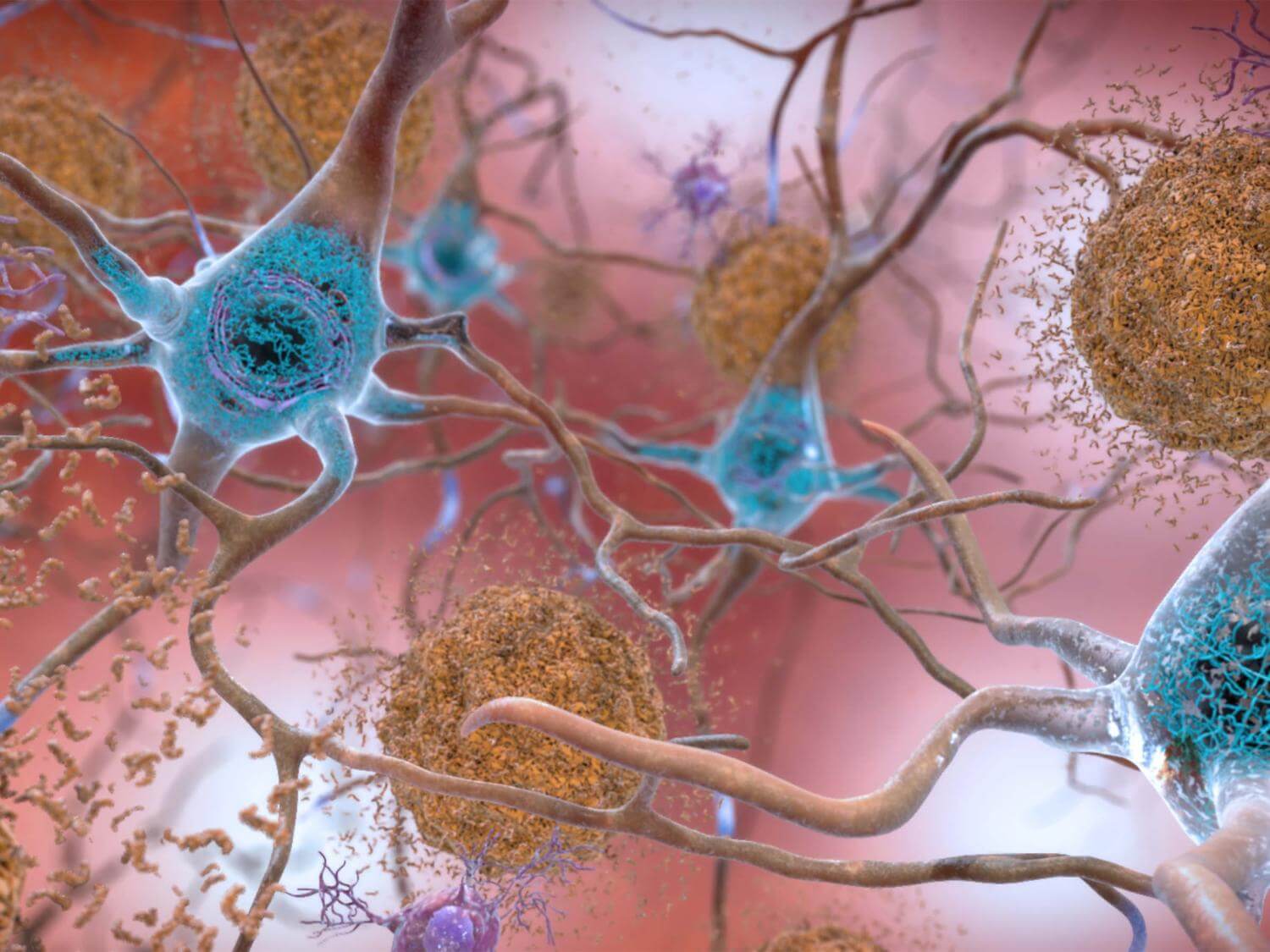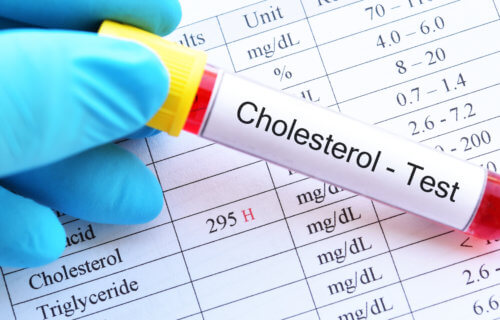COLLEGE STATION, Texas — Poor cholesterol levels are not only dangerous for your heart, a new study finds they may also increase your risk of developing Alzheimer’s disease as well. Researchers from Texas A&M University say that cholesterol increases toxic proteins linked to the onset of the disease.
Typically, Alzheimer’s disease causes the brain to shrink and its cells to die. It’s the most common cause of dementia, a condition which makes people slowly lose their memory, thinking ability, and other skills until they ultimately are unable to function. Scientists consider amyloid beta proteins to be one of the substances most responsible for the disease’s progression. Over time, they can clump together to form harmful plaques that then lead to the brain damage.
“While the precise mechanisms underlying Alzheimer’s disease are not fully understood, there is evidence to suggest that the buildup of amyloid beta peptides in the brain plays a role in the development of the disease,” says Dmitry Kurouski, primary investigator of the study and assistant professor, in a university release. “Specifically, it is thought that the aggregation of amyloid beta into plaques can disrupt communication between neurons and ultimately lead to cell death.”
However, the relationship between these proteins and Alzheimer’s doesn’t just stop here.
“Amyloid peptides, including amyloid beta, are known to interact with lipids in the brain,” Kurouski explains. “These interactions can play a role in the formation of amyloid plaques and the pathology of Alzheimer’s disease.”
“This provides new insights into the mechanisms behind the toxic effects of amyloid beta in the brain,” the researcher adds.

There are some good fats for the brain
In this study by Kurouski’s team, three different fats — phosphatidylcholine, cardiolipin, and cholesterol — strongly accelerated the rate of plaque formation compared to the rate without them. Results also revealed that cardiolipin, a fat implicated in blood clots, caused for the quickest formation of these harmful buildups. Nonetheless, all of the fats structurally altered amyloid beta aggregates in their own way. More formations and aggregates mean more toxicity in the body.
Kuroski says that these results mean that a diet lower in cholesterol, specifically low-density lipoprotein cholesterol (LDL), can help prevent these reactions from happening.
“In the convergence of nutrition and human health, a diet that limits the amount of cholesterol, especially low-density lipoprotein cholesterol, and phospholipids can be important in reducing the ability of these lipids to react with the amyloid beta peptides,” the study author says.
On the flip side, omega-3 fats, commonly found in foods like oily fish and nuts, have been shown to help protect neurons in the brain. Eating omega-3-rich foods can support cognition and limit Alzheimer’s progression, studies show. Kuroski mentions that this study only looked at a few types of fats, and that there could be others that play a role too.
“The next step of the study is to further investigate the underlying molecular mechanisms of the interaction between amyloid beta peptides and lipids,” he concludes. “It is important to note that while this study provides valuable insights into the role of lipid interaction in amyloid beta toxicity, additional research is needed before any clinical applications can be developed.”
The findings are published in the FEBS Journal.

